Introduction
Bones act as a secret support system that allows us to move and stand tall. However, their strength may gradually fade. Exercise and vitamins are helpful, but food also plays a part that is frequently forgotten. Similar to how some meals strengthen bones, others unknowingly harm them. In this article, we uncover the culprits—the worst foods for bone density.
It takes more than the standard advise of consuming extra calcium, vitamin D, and remaining active to maintain strong bones. Bone health is greatly influenced by nutrition. Therefore, it’s critical to identify items that could affect bone density as well as those that are good for it.
What is Osteopenia?
Osteopenia is a medical condition characterized by lower-than-normal bone mineral density, indicating bones that are weaker than average but not as severely compromised as in osteoporosis.
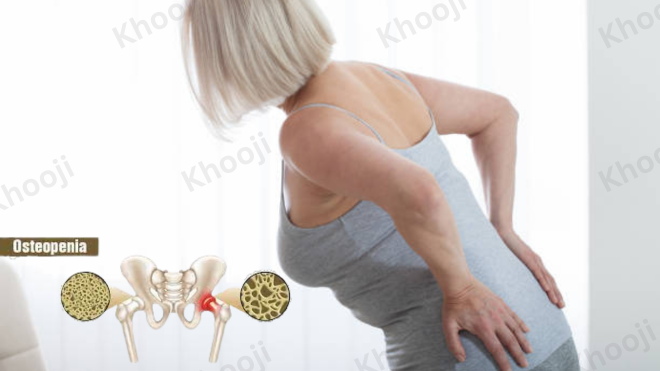
Symptoms of Osteopenia:
Common signs of osteopenia include:
- Family History
- Smoking
- Low Body Weight
- Excessive Alcohol
- Sedentary Lifestyle
- Medical Conditions
1) High-sodium Foods
Although sodium is a necessary component of our diet, consuming too much of it can have negative effects on our health, including our bones. The current suggestion for most healthy persons is to limit sodium intake to no more than 2,300 mg per day.
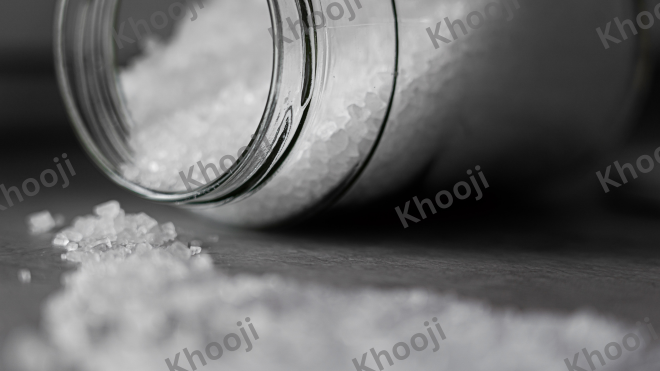
A study looked at almost 70,000 women who were past menopause as part of the Women’s Health Initiative. They observed that following prescribed salt guidelines had little effect on bone health.
The problem is that a lot of individuals consume excessive amounts of salt, which contains sodium and chloride. Our kidneys are unable to eliminate excess chloride. Our bones produce substances to restore balance. Bone calcium is lost as a result.
Major Sodium Contributors: Certain food groups account for more than 40% of the sodium consumed in Western diets.
Top 10 Sodium Sources: These items include savory packaged snacks like chips and pretzels. As well as bread, rolls, sandwiches, pizza, soups, lunch meat, burritos, tacos, chicken, cheese, and eggs.
2) Soda
Too much soda consumption can be bad for your bones. Consuming seven or more colas per week has been related to weaker bones and an increased risk of fractures. Although the exact cause of this is unclear, it is advisable to avoid soda for general health.

We don’t exactly know why, but a research including 73,000 postmenopausal women found something significant about soda. It discovered that those who drank soda had a higher risk of hip fracture, independent of whether the soda was regular or diet, cola or non-cola, and caffeine-free. The research, which was released in The American Journal of Clinical Nutrition in September 2014, also revealed that the more Coke they consumed, the greater their risk.
Drinking soda, especially cola, has been linked to poorer bone density. Research points to a higher risk of hip fractures in postmenopausal women who consume colas. A study by Gallagher JC in 2019 emphasized this connection between sodas, colas, and increased fracture risk.
3) Red Meat
Animal protein in excess can deplete bone calcium, which is particularly concerning for people with osteopenia or osteoporosis. Reduce consumption of red meat to twice weekly in tiny portions. To avoid osteoporosis, give priority to a diet full of fruits, vegetables, low-fat dairy, fish, poultry, nuts, and legumes.
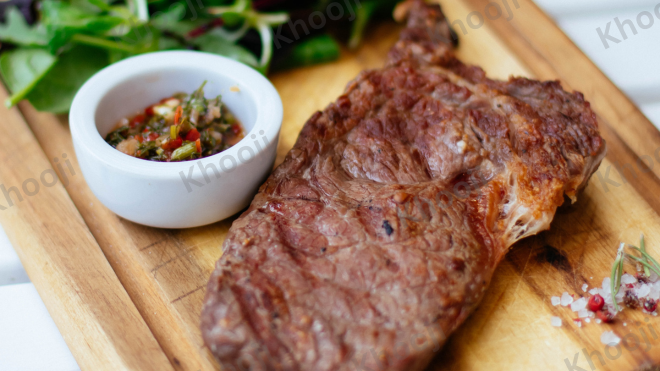
Navigating Animal Protein and Bone Health
- Calcium Leaching: Excessive ingestion of animal protein can result in calcium loss from bones, especially in people who have osteopenia or osteoporosis.
- Managing Red Meat: Limit red meat to two servings per week of 4 to 6 ounces, especially for individuals concerned about bone health.
- Positive Impact on Bones: Reducing consumption of red and processed meats, sugary beverages, fried foods, sweets, and refined grains can improve bone health.
- Ideal Diet for Bone Health: The best diet for bone health, according to research, is one that is high in fruits, vegetables, low-fat dairy, fish, poultry, nuts, and legumes.
- Balancing Dietary Fat: Dietary fat intake seems to affect osteoporosis risk. While a moderate-fat diet can help to improve bone density, both low-fat and high-fat diets may raise risk.
- Saturated and Omega-6 Fats: Red meat includes saturated fats and omega-6-polyunsaturated fatty acids, which may increase the risk of osteoporotic fractures if taken in excess.
- Red Meat Types: Common red meat sources include beef, pork, lamb, ground beef, hamburgers, as well as processed options like hot dogs, sausage, and bacon.
4) Sugary Treats
Excessive consumption of added sugar is harmful to one’s health in all respects. According to research, drinking sugary drinks like soda is linked to worse bone health. Human research has indicated that high-sugar diets harm bone health and increase the incidence of fractures.
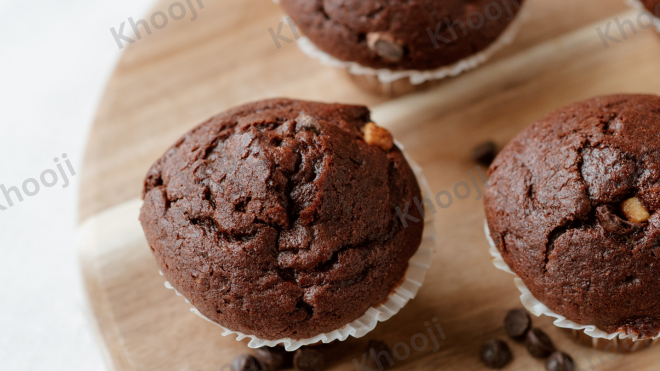
Different Sugars, Different Impact
There are various types of sugar. Natural sugars in fruits and vegetables are more beneficial to our health than added sugars in processed foods.
Beware of added sugars
Be cautious of packaged snacks, candies, and sugary beverages including fruit juices, energy drinks, sodas, and sweetened teas or coffees that have additional sugars. For health, these should be kept to a limit.
Choose Wisely for Your Health
Choose complete, pure foods that are naturally sweetened. These are a better option for your general health and can maintain the strength of your bones.
Effects on Health
Too much added sugar can lead to various health problems, and it might also have a negative effect on bone health. Sugar intake must be monitored to ensure your health.
5) Caffeine
Avoid consuming too much coffee, especially if you have bone health concerns.Caffeine can deplete the calcium in bones, weakening them, which is why this occurs. A study published in the European Journal of Clinical Nutrition in January 2016 found that when paired with sugary foods, coffee can have a greater influence on bone health in postmenopausal women.

To support healthy bones and prevent osteoporosis, consider drinking decaffeinated coffee and teas. Limit your intake of sweet foods that contain caffeine, such as chocolate. While a small amount of caffeine may be acceptable, too much caffeine may harm bone health by disrupting bone metabolism and removing calcium from the bones. Instead, choose caffeine-free beverages like water or seltzer water as well as decaffeinated beverages.
6)Alcohol’s Impact
While small amounts of alcohol do not appear to affect bones considerably, chronic excessive drinking can compromise bone health, especially if it begins at a young age. Men are advised to have no more than two drinks each day, while women are advised to have no more than one.
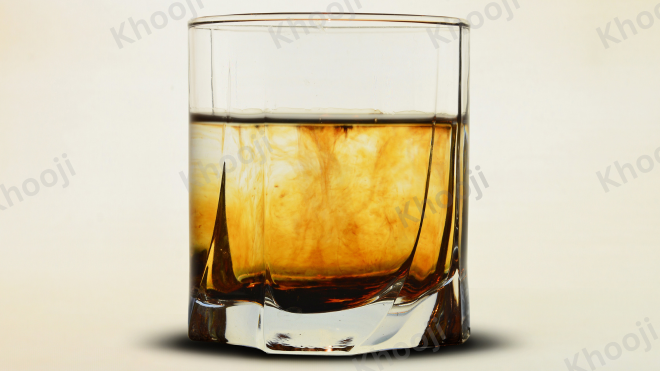
Understanding the Effect of Alcohol on Bones
- Moderate vs. Heavy Drinking: Small alcohol amounts likely don’t harm bones, but heavy, ongoing alcohol use can weaken bones, leading to fractures and delayed healing.
- Youthful Impact: Starting heavy drinking early has a more negative effect on bone health.
- Guidelines for Moderation: The National Osteoporosis Foundation recommends limiting alcohol consumption to 2 to 3 glasses per day for the best bone health.
- Osteoporosis Concerns: For those with osteoporosis, drinking too much alcohol can prevent their bones from strengthening and repairing properly.
- Nutrient Absorption: Alcohol may prevent the absorption of essential nutrients including calcium, magnesium, and vitamin D, which maintain healthy bones.
- Hormone Disruption: Alcohol can disturb hormone functions that play a role in maintaining bone strength, such as parathyroid hormone, growth hormone, and estrogen.
What to Eat?
The amount of foods listed above should not deter you. Even if you have osteoporosis, you can still eat a lot of foods that are better for your bones. Instead of foods heavy in added sugar, sodium, and saturated fat, choose foods high in bone-building minerals like vitamin D, vitamin K, potassium, and calcium, as well as fiber and healthy fats.
For example, healthier foods to eat with osteoporosis include:
- Fruits
- Fish
- Nuts and seeds
- Vegetables
- Lean proteins, such as poultry and fish
- Whole grains, like quinoa, barley, oats, and brown ric
- Legumes that have been soaked and cooked
Conclusion
Osteoporosis, a widespread condition causing low bone mineral density and heightened fracture risk, can be managed effectively through a diet rich in bone-supporting nutrients such as vitamin D, vitamin K, calcium, and potassium. Restricting intake of added sugar, sodium, saturated fat, alcohol, and caffeine further contributes to its management.
For more Amazing and Unique information and Posts Visit our Home page... If you have any suggestions or information feel free to share with us ….






